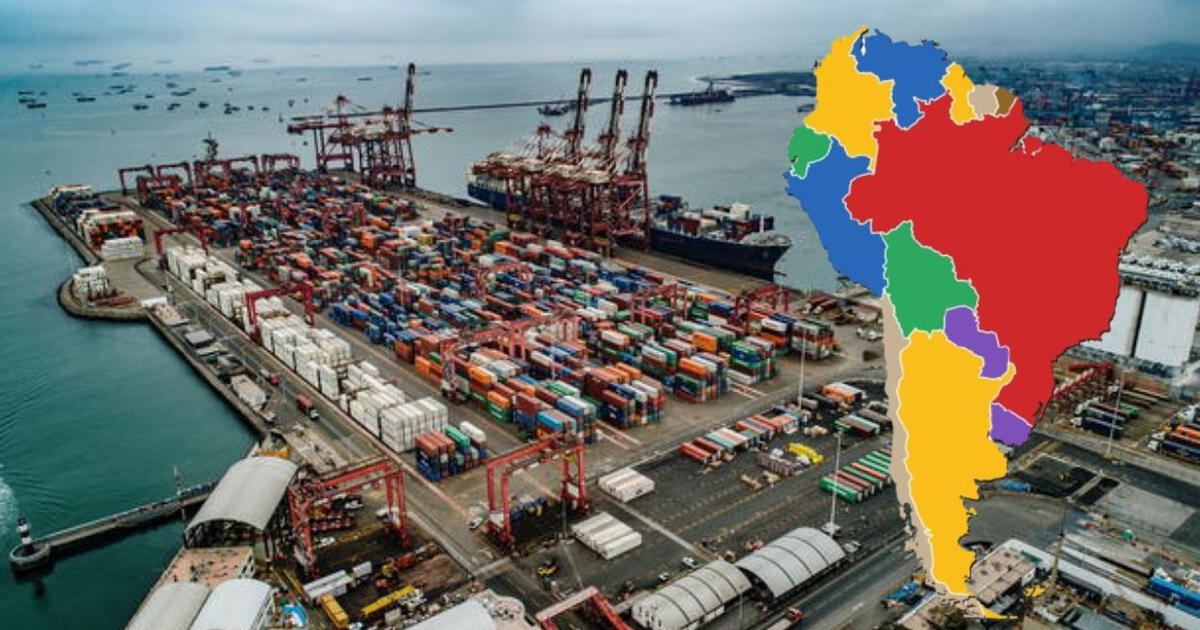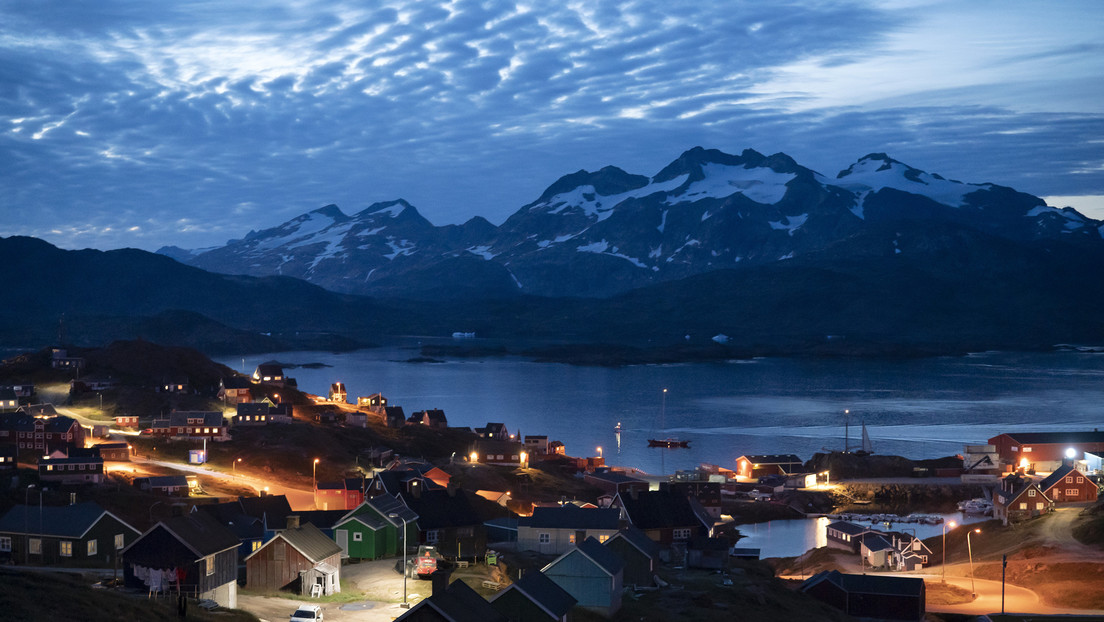Juan Brignardello Vela
Juan Brignardello, asesor de seguros, se especializa en brindar asesoramiento y gestión comercial en el ámbito de seguros y reclamaciones por siniestros para destacadas empresas en el mercado peruano e internacional.




The recent proposal by the elected president of the United States, Donald Trump, to acquire Greenland has sparked a broad debate about the political, social, and economic implications of a potential purchase that could mark a milestone in the country’s history. According to the New York Post, Trump's plan is presented as the largest territorial acquisition in U.S. history, even surpassing the monumental purchases of Louisiana and Alaska. Greenland, a vast island that has been under Danish control for nearly three centuries, covers an area of 2.1 million square kilometers, making it significantly larger than Louisiana, which, when purchased in 1803, nearly doubled the U.S. territory at that time. The magnitude of Greenland makes it a tempting target for any administration looking to expand its geopolitical reach and natural resources. Trump's interest in Greenland is not only based on its size but also on its strategic geographical location. The elected president has emphasized that the acquisition of the island is crucial for U.S. national security objectives and global influence. However, these statements have been met with skepticism and rejection from Greenlandic authorities, who have made it clear that they are "not for sale and never will be." The reaction from Greenland is not surprising, given its desire to maintain autonomy and sovereignty. The island, which has a population of approximately 56,000 people, has been seeking greater autonomy from Denmark in recent years, and the idea of being the subject of a commercial transaction is not something its citizens wish to consider. Its local government has reiterated that any discussion about the island must include its own population. Trump's territorial ambitions resonate with his broader vision of U.S. foreign policy. In a world where geopolitical competition is increasingly intense, the president prefers a policy of territorial expansion that, according to him, is fundamental to avoiding the collapse of empires. This philosophy suggests an aggressive approach to foreign policy that could have far-reaching consequences, not only for the United States but also for international relations. Historically, territorial acquisitions have been a controversial topic in the United States. The purchase of Louisiana, which was once considered radical, and the annexation of Texas, which triggered the war with Mexico, are examples of how such moves can transform the political and social landscape. Trump's proposal to acquire Greenland could open the door to new geopolitical tensions, especially at a time when relations between the United States and other nations, including Denmark, are under scrutiny. In addition to the political implications, the acquisition of Greenland could have a significant impact on U.S. natural resources. The island is rich in minerals and energy resources, which could be valuable for the country’s economy. However, concerns about the environment and the impact on Greenland's indigenous population further complicate this narrative. Some analysts suggest that the proposal to purchase Greenland might be more of a political act than a serious intention. The elected president's rhetoric has often been accompanied by a provocative tone, and in this case, it could be a strategy to maintain international attention. However, it is undeniable that the mere proposal has placed Greenland at the center of the political conversation and has increased global interest in its future. In conclusion, the possibility of the United States acquiring Greenland raises numerous questions about the future of the territory, international power dynamics, and respect for the rights of indigenous nations. As the debate progresses, Greenlandic and Danish authorities must be prepared to defend their sovereignty against a project that, while ambitious, could result in a series of unforeseen consequences that could redefine geopolitics in the Arctic and beyond.
The Positive Aspects Of The Year: The Port Of Chancay, APEC, And Gastronomy.

Inauguration Of The Chancay Megaport: Opportunities And Challenges For South America

"Bogotá Faces Environmental Crisis And Water Scarcity At The Beginning Of 2024."






